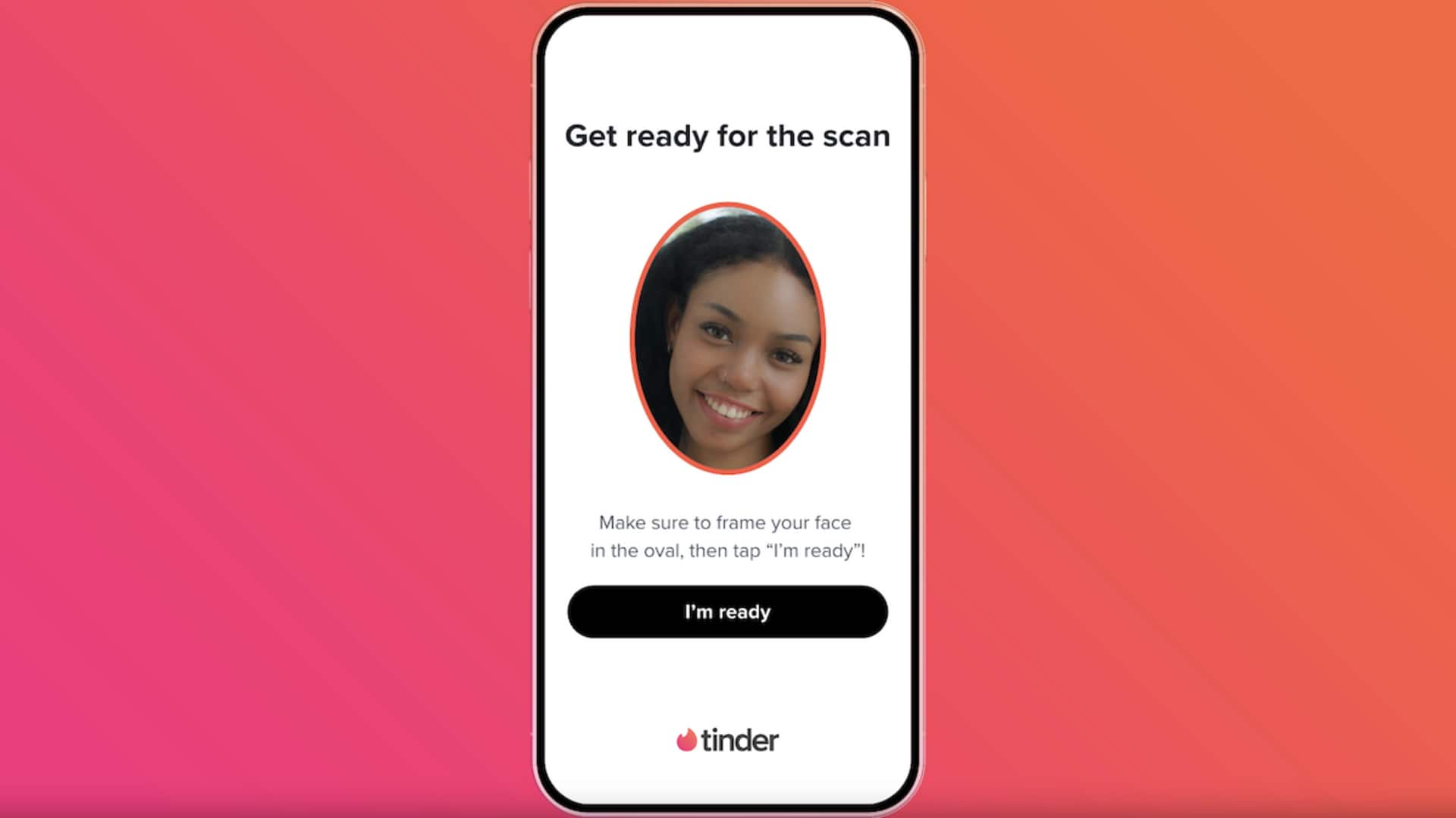
Tinder now asks new users to verify identity with selfie
What's the story
Tinder, the popular dating app, is expanding its facial-verification feature called Face Check to more users in the US. The innovative tool requires new users to confirm their identity by submitting a short video selfie. The move is aimed at curbing impersonation on the platform and ensuring that users aren't connected to bots or fake accounts.
Verification process
How does Face Check work?
The Face Check feature works by creating a 3D video scan of the user's face and comparing it with their profile pictures. Users who successfully complete this verification process get a badge on their profiles, showing others that they have been verified. The feature also detects if the same face is used across different accounts, adding another layer of protection against impersonation and fake accounts.
Data privacy
Video selfies are deleted after review
Tinder assures users that the video selfies are deleted soon after review. However, it does keep a "non-reversible, encrypted face map and face vector," which are used to verify new photos, detect fraud, and prevent users from creating duplicate accounts. The Face Check feature has been available in California since June, as well as in Colombia and Canada. It has also been launched in Australia, India, and other Southeast Asian countries.
Expansion plans
Expansion plans for Face Check
Tinder plans to expand the Face Check feature to more US states in the coming months. It will also be available on other dating apps owned by the parent company Match Group in 2026. The move comes as Tinder has been struggling with user retention due to safety and privacy concerns, as well as bad experiences with other users.
Impact assessment
Promising results and competition
Since the launch of Face Check, Tinder has seen promising results, such as a 60% reduction in exposure to potential "bad actors" and a 40% decline in the number of "bad actor reports." Other companies have also started using anti-scam facial-recognition tests. Meta uses similar tech to help users recover hacked Facebook or Instagram accounts, while Bumble offers photo verification where members must take a selfie mimicking their chosen pose for verification.